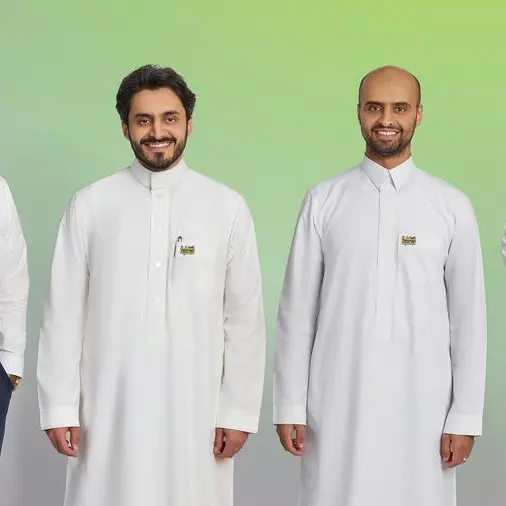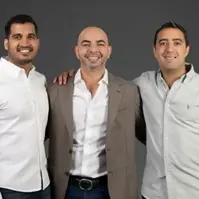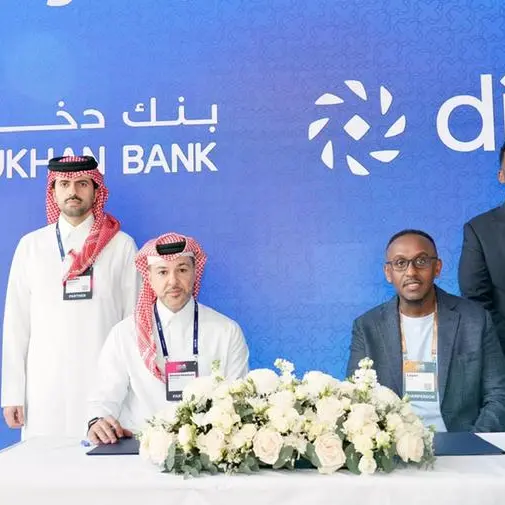- 26% of Middle East respondents strongly agreed they use workforce analytics to predict and monitor skill gaps
- 29% of Middle East respondents strongly agreed their workforce and technology strategies make the best use of human skills
- 46% of Middle Eastern organisations felt that ability to adjust the workforce in response to market changes is very important, while only 35% strongly agreed to being able to do so
- 41% of Middle Eastern organisations believed that use of insights from Big Data and advanced analytics in workforce decision-making is very important, while only 29% strongly agreed to being able to do that
PwC Middle East launched today, the Middle East cut of the Future of Work and Skills Survey: “Building tomorrow’s workforce: Six no-regrets plays to make today”, that highlights that
leadership and strategic planning for the future are key to creating robust workforce strategies.
The survey drew upon views of almost 4,000 business and human resources (HR) leaders globally, with 300 across the Middle East (UAE, KSA, Qatar & Egypt).
Building trust
The research found that for organisations to thrive, leaders need to access their people’s full potential and develop and execute new, dynamic strategies. The report’s findings showed that leaders in the Middle East were developing their strategic, financial and people plans in a coordinated way with 38% of companies in the region strongly agreeing to be able to do that. Additionally, as firms accelerate their digital journeys and prepare for the future of work, they will need to focus on their people by building trust in the organisation and their leadership. By building trust people will be able to deliver sustained outcomes for their firms, and while only 30% of global respondents strongly agreed that their organisation builds high levels of trust between workers and their direct supervisors, we saw this increase to 36% in the Middle East.
Digitisation continues to be a top concern for Middle East leaders, and there is currently a gap between the heightened role technology will play in the workforce strategy. The survey reveals that 46% of the organisations felt that the ability to adjust the workforce in response to market changes is very important with 44% in the UAE and 46% in Saudi Arabia, while only 35% strongly agreed to being able to do so with 22% in the UAE and 35% in Saudi Arabia.
Talent development and upskilling programmes
42% of respondents in the Middle East reported that ‘encouraging re-skilling and continuous learning to help workers remain employable’ as very important. The report also cited that leaders have to invest in new cloud technologies, automation and lean into data models that fuel outcomes-based decision-making and meaningful returns on investment.
Agile and resilient workforce of the future
Only 31% of the survey respondents stated that it is very important to design talent practises and processes to nurture employee agility and adaptability. Leaders will need to investigate the root causes for this issue and identify best practises across other leading organisations and tailor their talent practises and processes accordingly.
Randa Bahsoun, Partner, Government & Public Sector and New world. New skills. Leader, PwC Middle East said: "The economic case for upskilling is compelling. An upskilled human capital delivers improved productivity and innovation and creates a more flexible and adaptable workforce equipped with the necessary skills to survive and thrive in a highly digitised and environmentally-conscious world.” She added: “Most importantly, enhanced access to training and learning opportunities can deliver tremendous social benefits - from improving individual wellbeing and health to reducing crime rates and creating stronger societies."
About the survey
In September 2021, PwC commissioned a global survey of 3,937 business executives and HR-focused leaders. The survey polled leaders in 26 countries and regions and 28 industries, with over 300 respondents participating from across the Middle East (UAE, KSA, Qatar, Egypt).
-Ends-
About PwC
At PwC, our purpose is to build trust in society and solve important problems. PwC is a network of firms in 156 countries with more than 295,000 people who are committed to delivering quality in assurance, advisory and tax services. Find out more and tell us what matters to you by visiting us at www.pwc.com
Established in the Middle East for 40 years, PwC has 22 offices across 12 countries in the region with around 7,000 people. (www.pwc.com/me).
PwC refers to the PwC network and/or one or more of its member firms, each of which is a separate legal entity. Please see www.pwc.com/structure for further details.
Contact:
Dana Safawi
+97466601976
dana.safawi@pwc.com
More details: https://www.pwc.com/m1/en/issues/future-of-work-and-skills.html
@PwC_Middle_East on LinkedIn and Twitter
© Press Release 2021
Disclaimer: The contents of this press release was provided from an external third party provider. This website is not responsible for, and does not control, such external content. This content is provided on an “as is” and “as available” basis and has not been edited in any way. Neither this website nor our affiliates guarantee the accuracy of or endorse the views or opinions expressed in this press release.
The press release is provided for informational purposes only. The content does not provide tax, legal or investment advice or opinion regarding the suitability, value or profitability of any particular security, portfolio or investment strategy. Neither this website nor our affiliates shall be liable for any errors or inaccuracies in the content, or for any actions taken by you in reliance thereon. You expressly agree that your use of the information within this article is at your sole risk.
To the fullest extent permitted by applicable law, this website, its parent company, its subsidiaries, its affiliates and the respective shareholders, directors, officers, employees, agents, advertisers, content providers and licensors will not be liable (jointly or severally) to you for any direct, indirect, consequential, special, incidental, punitive or exemplary damages, including without limitation, lost profits, lost savings and lost revenues, whether in negligence, tort, contract or any other theory of liability, even if the parties have been advised of the possibility or could have foreseen any such damages.



















